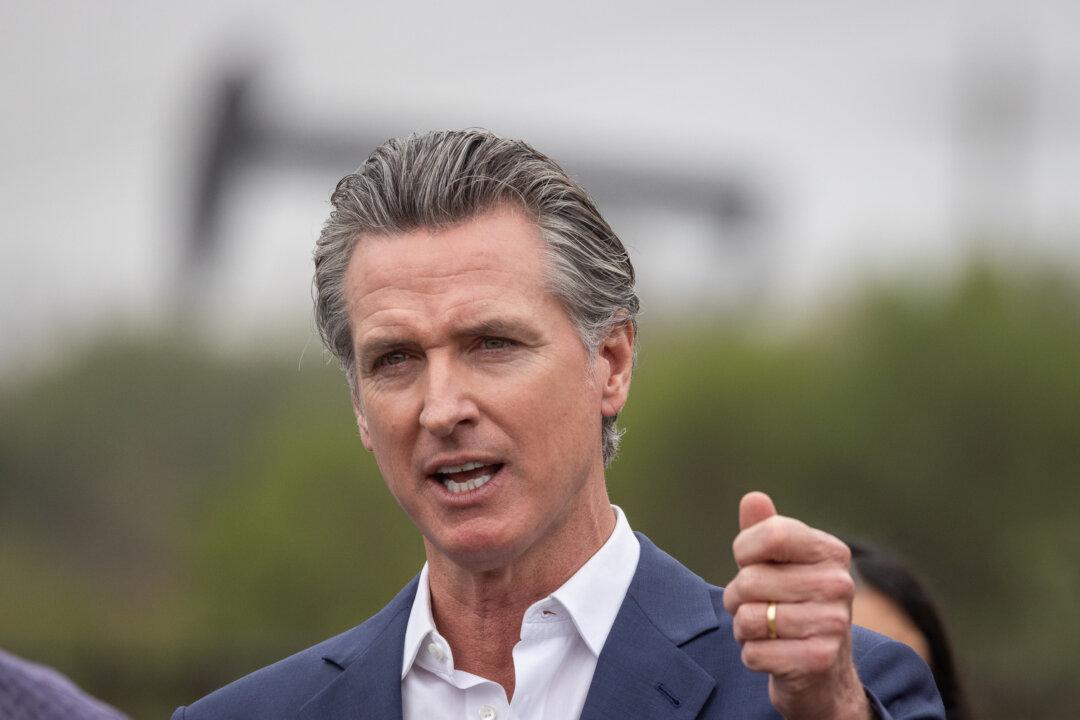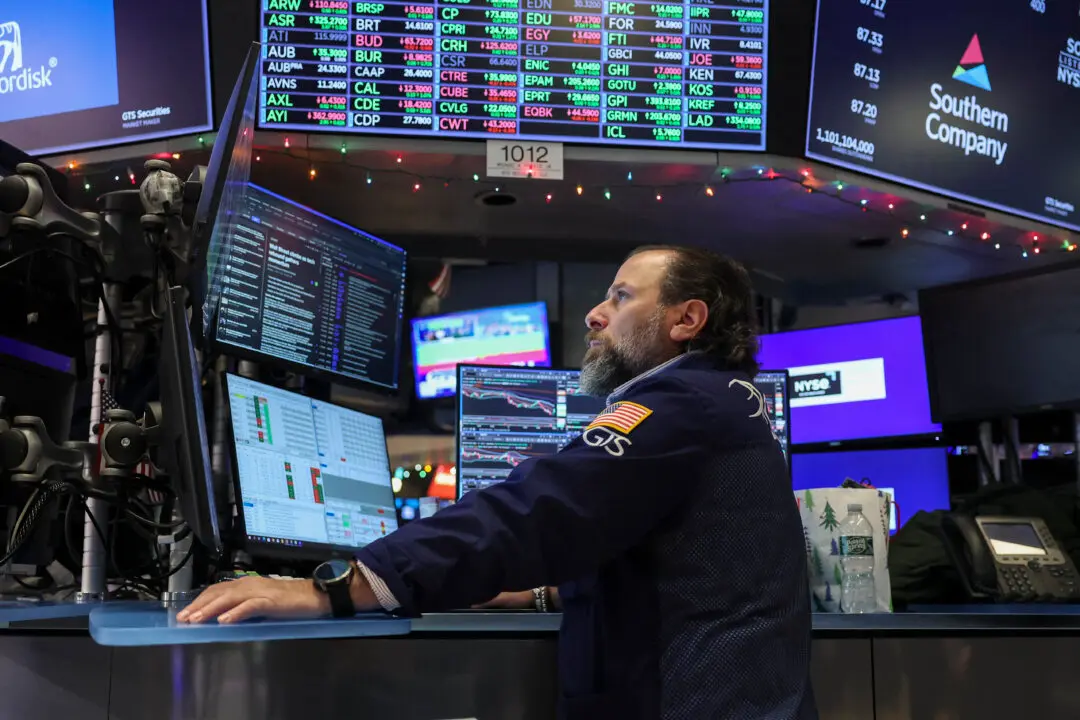California Gov. Gavin Newsom on Dec. 5 voiced his opposition to foreign policy agendas—including tariffs on products from China, Canada, and Mexico—that President-elect Donald Trump has signaled he will enact once in office in January.
“This is one of the biggest tax increases in U.S. history,” Newsom said at a press conference at the border in San Diego County while announcing construction of a new port of entry in the area.





